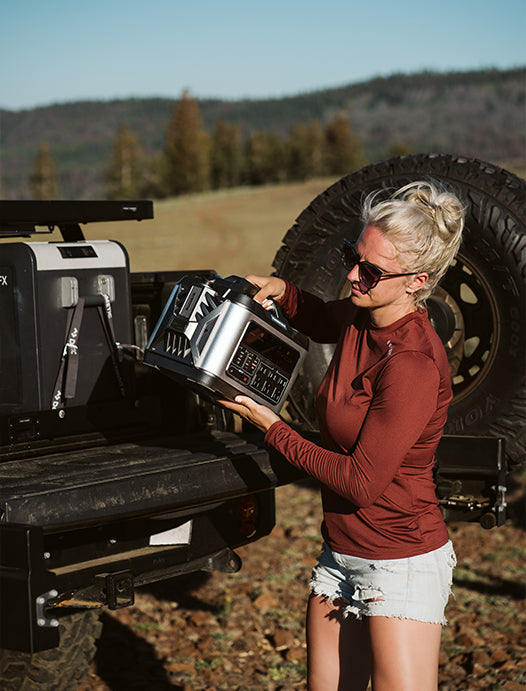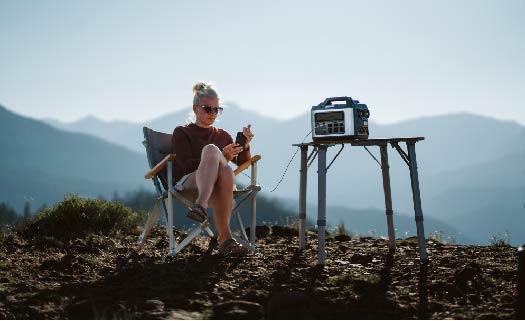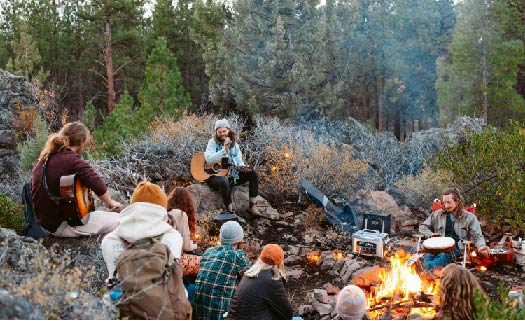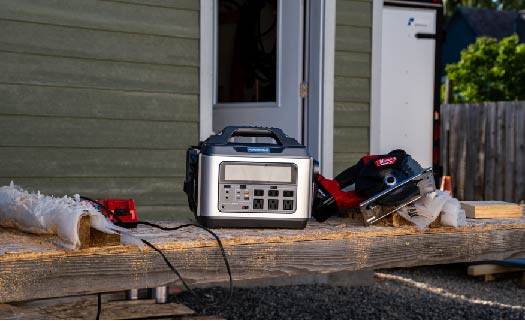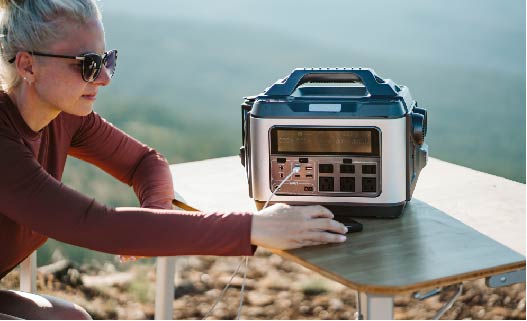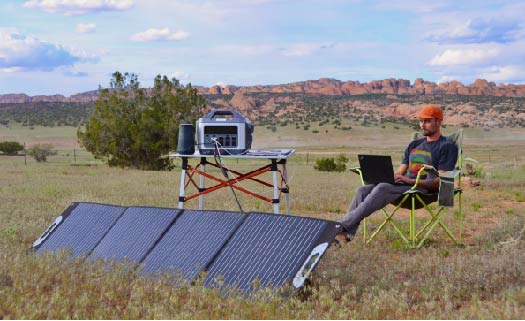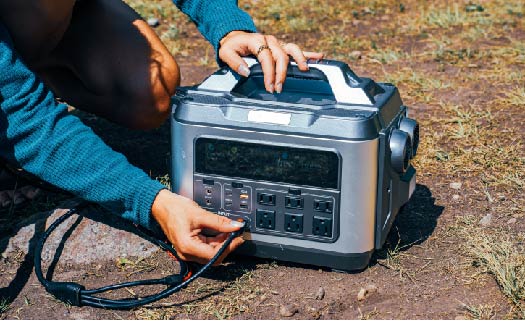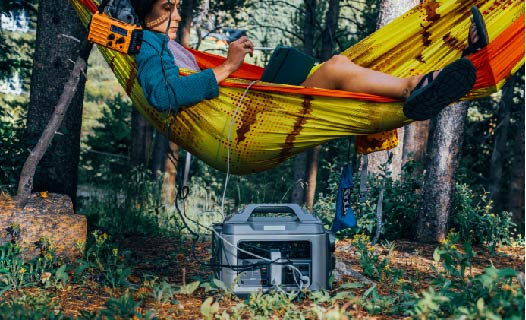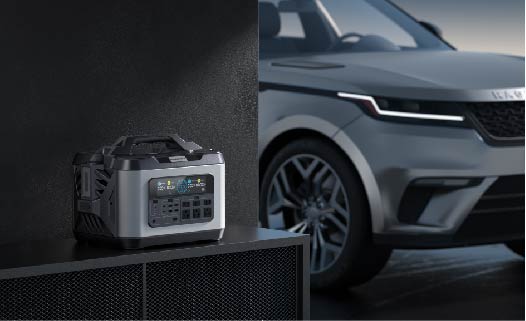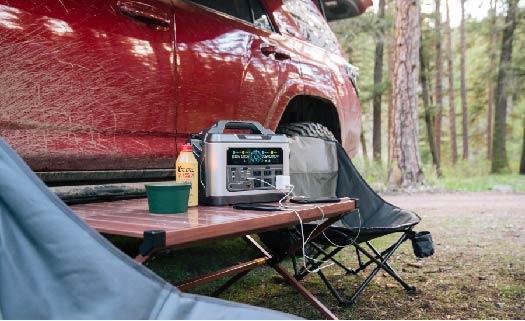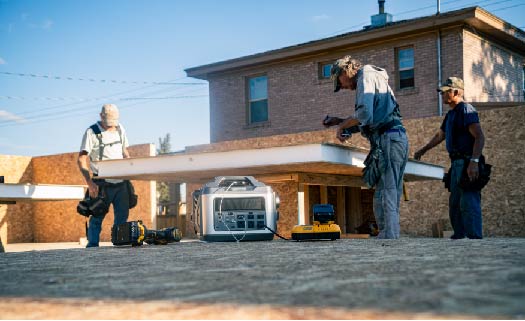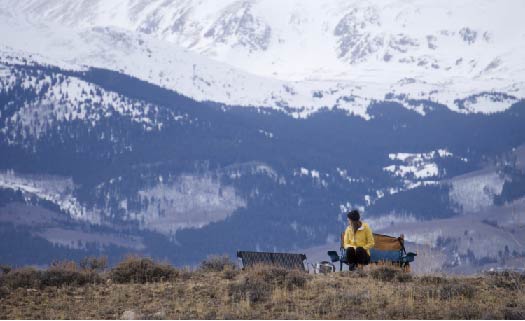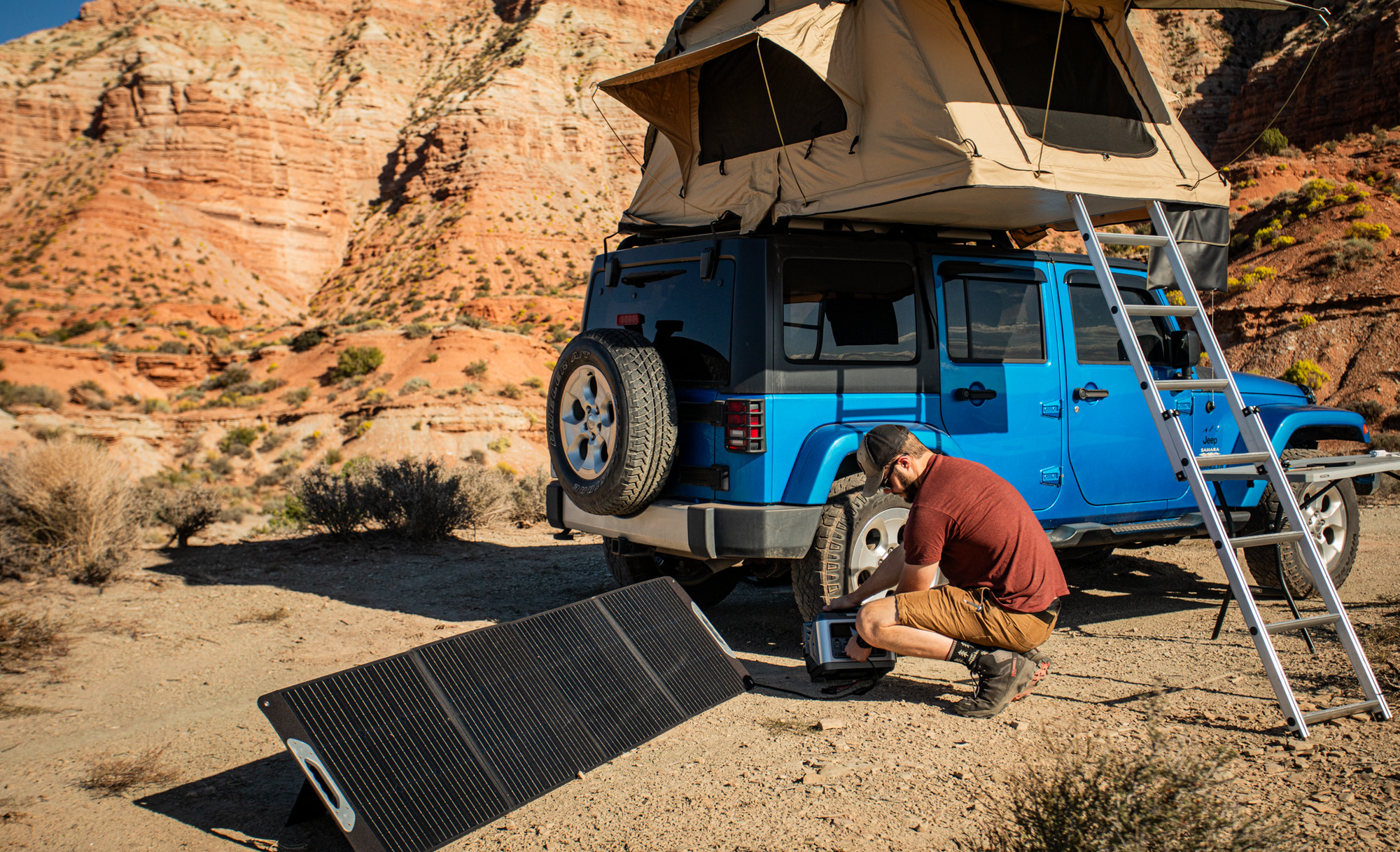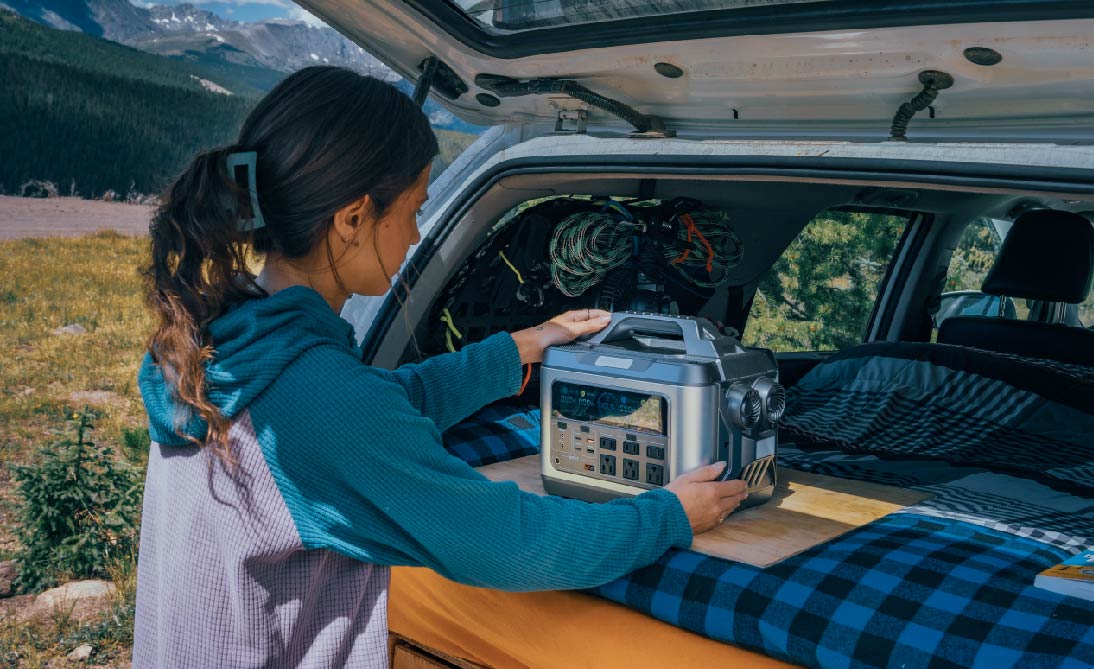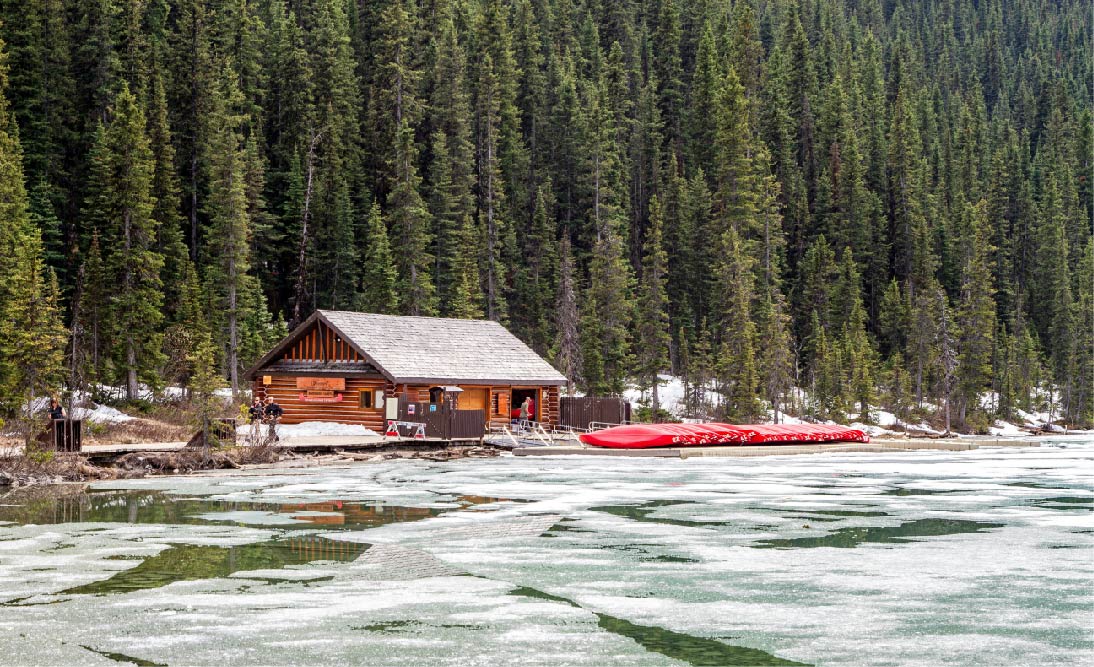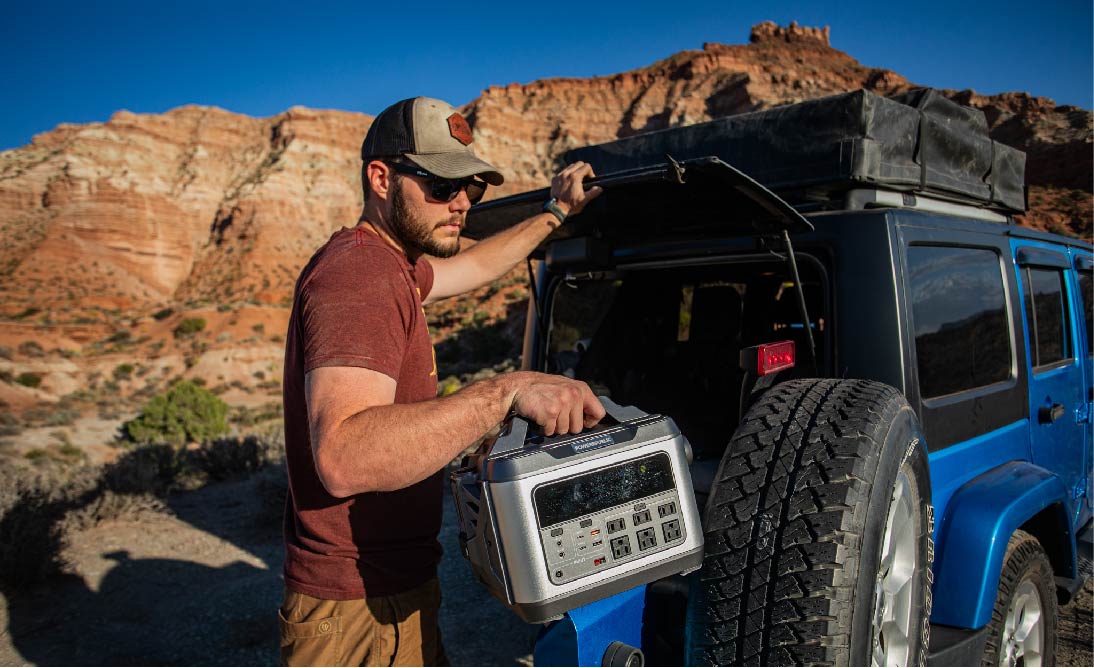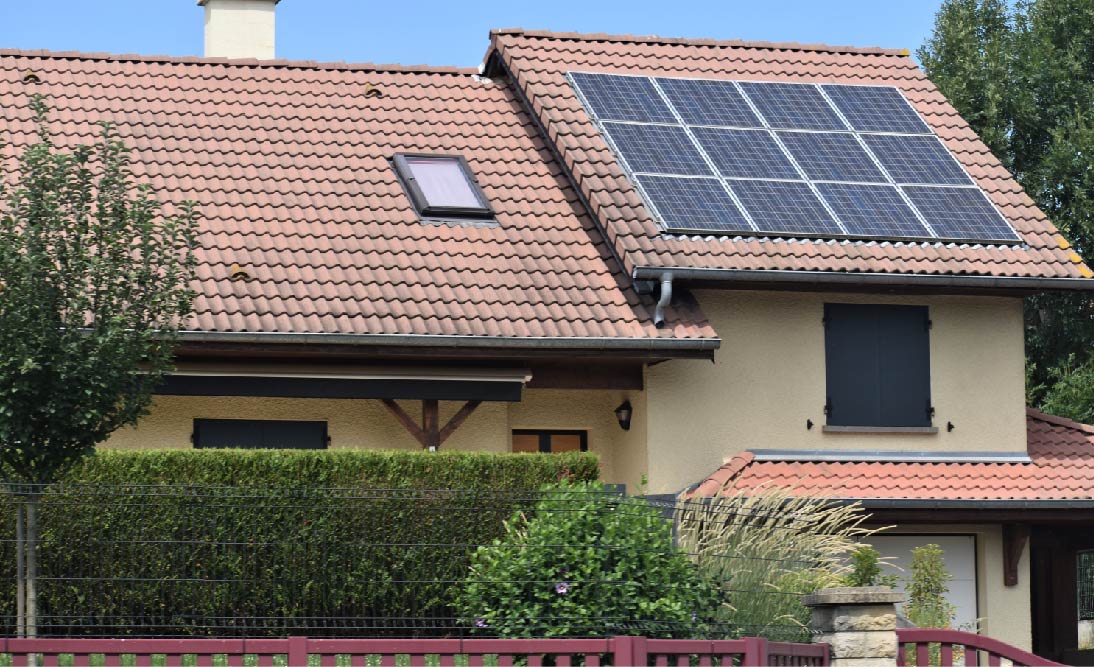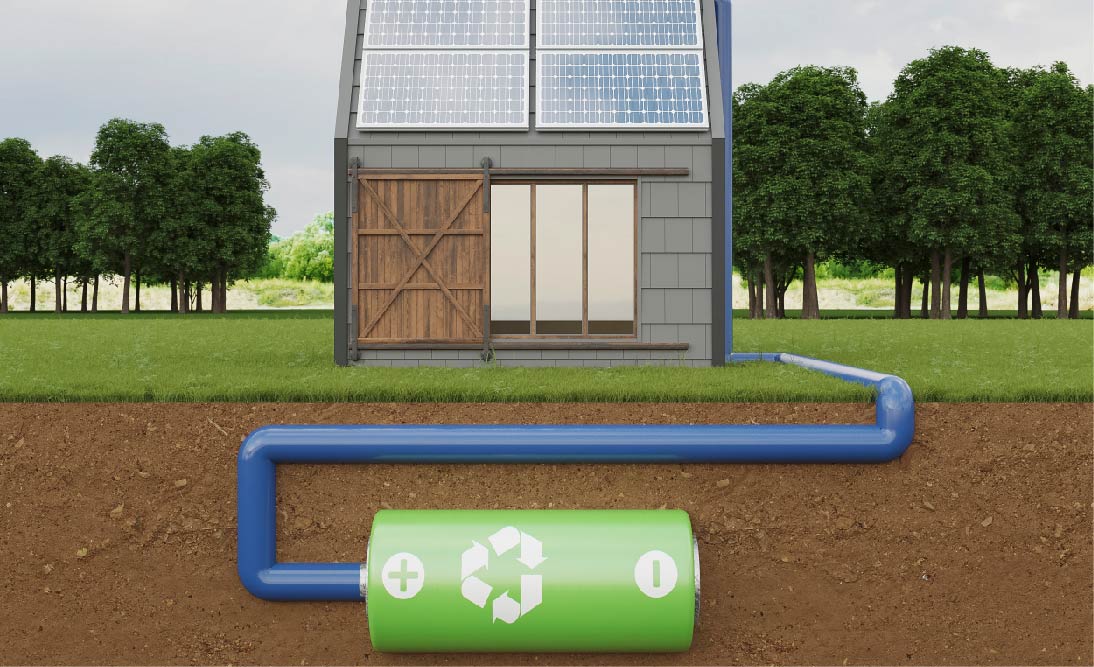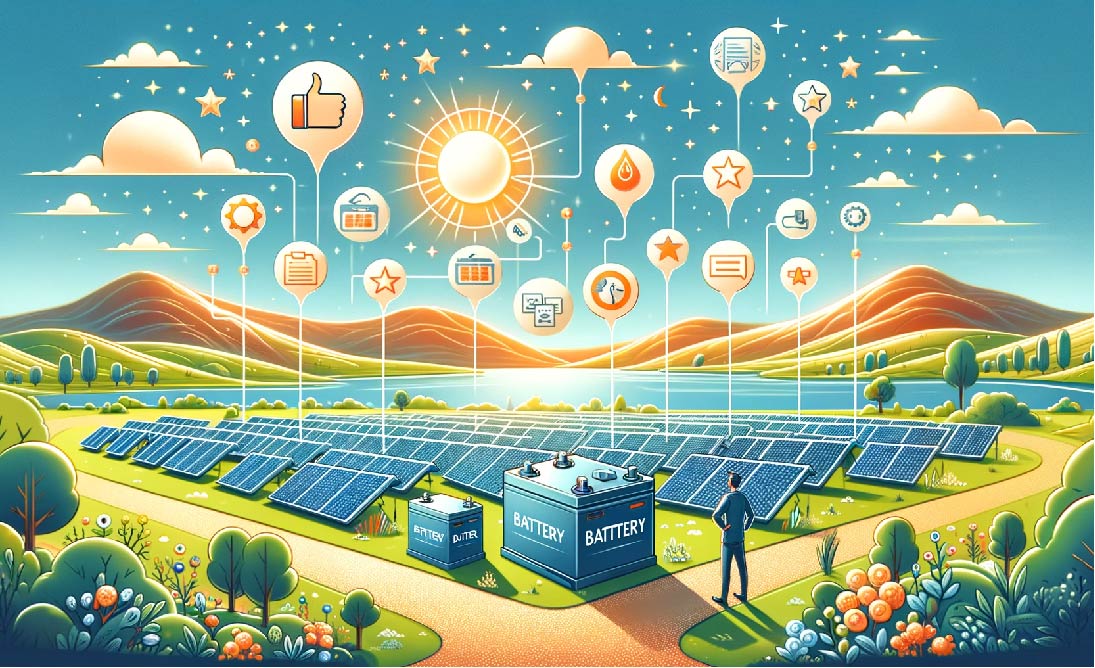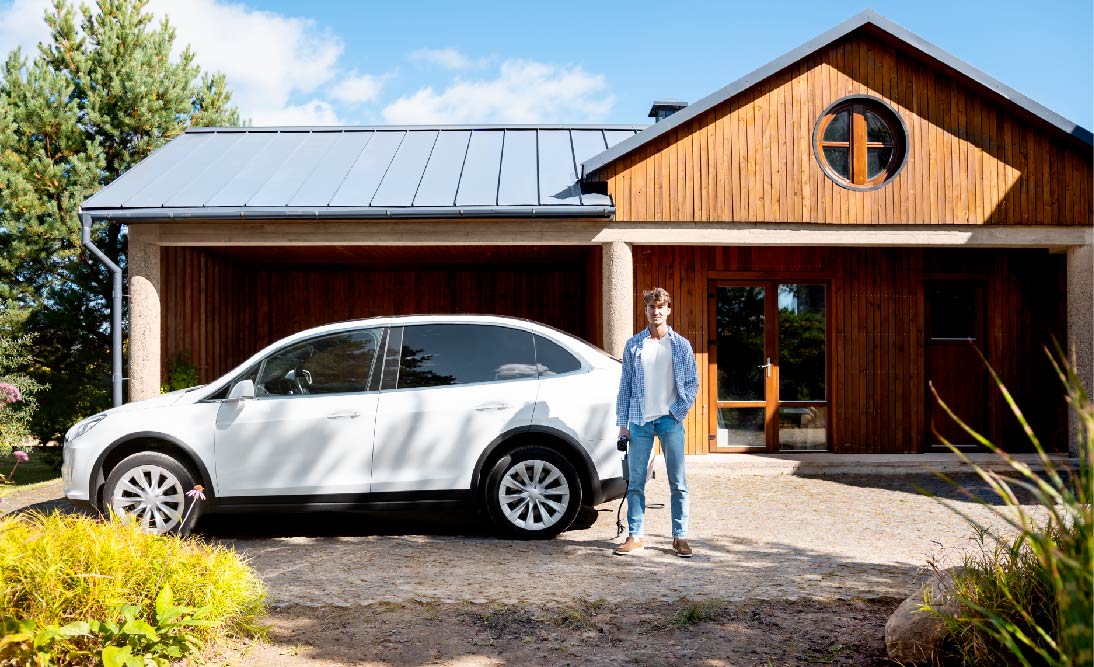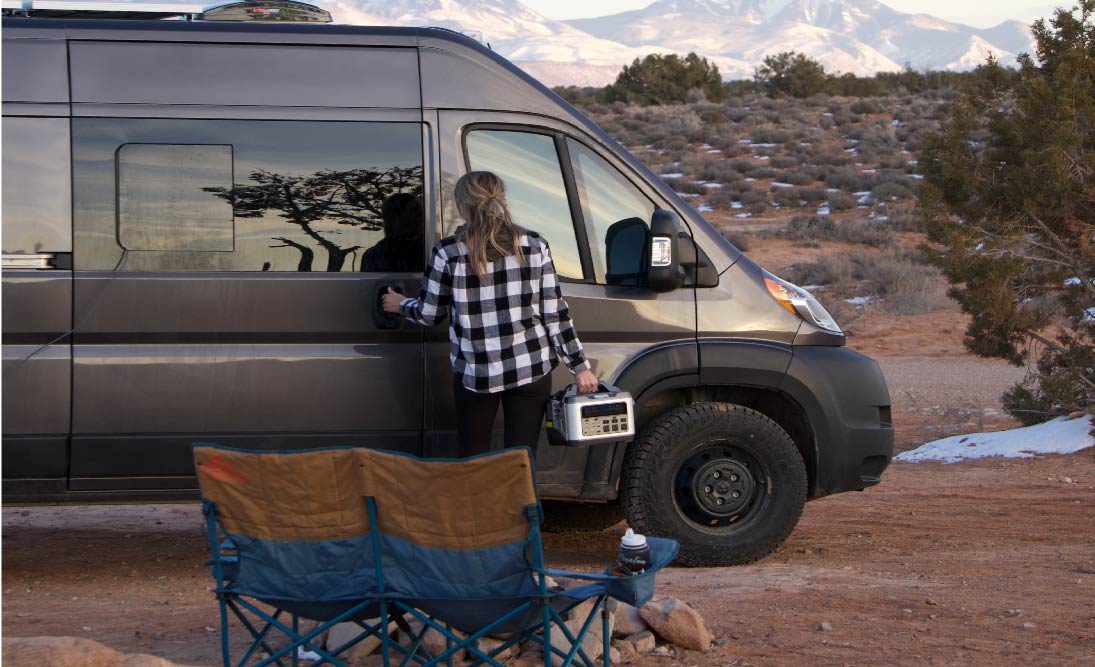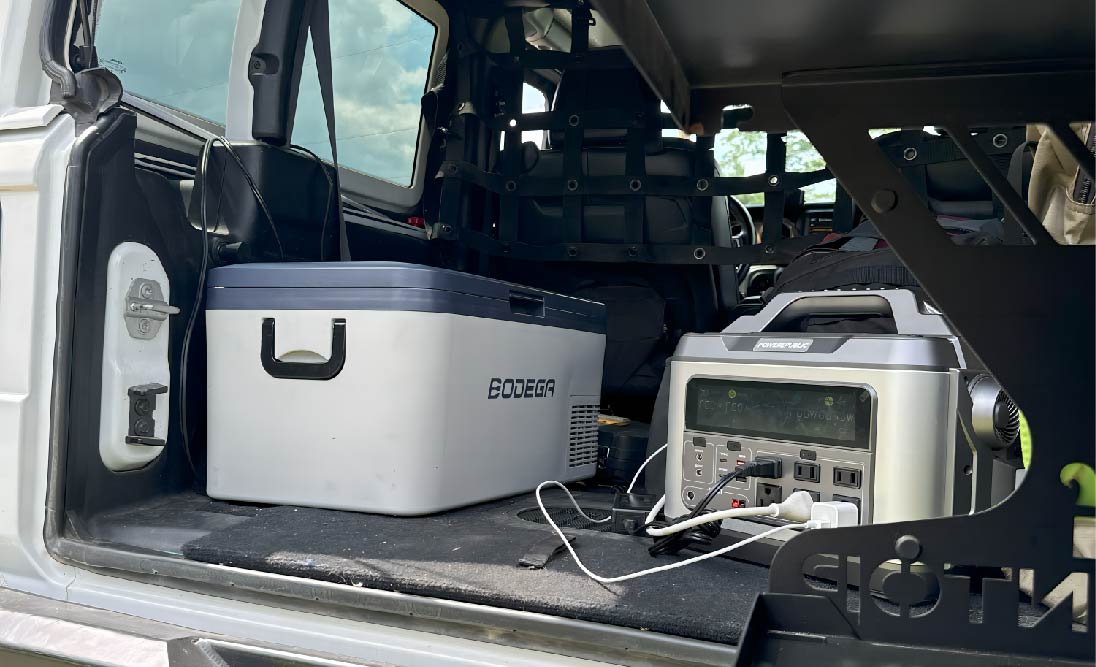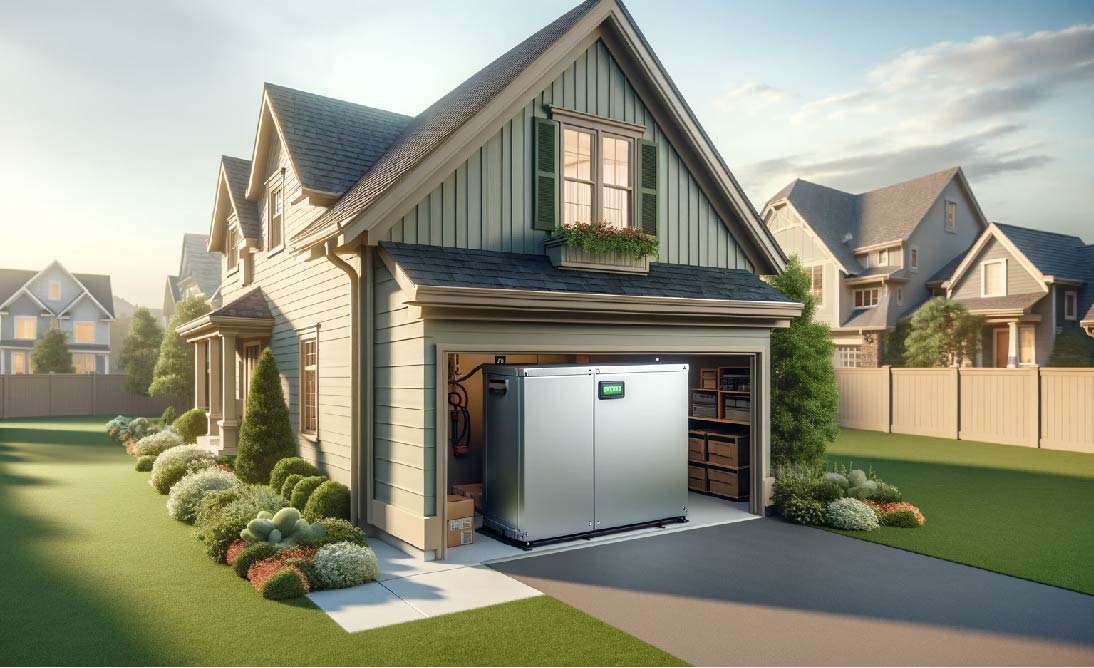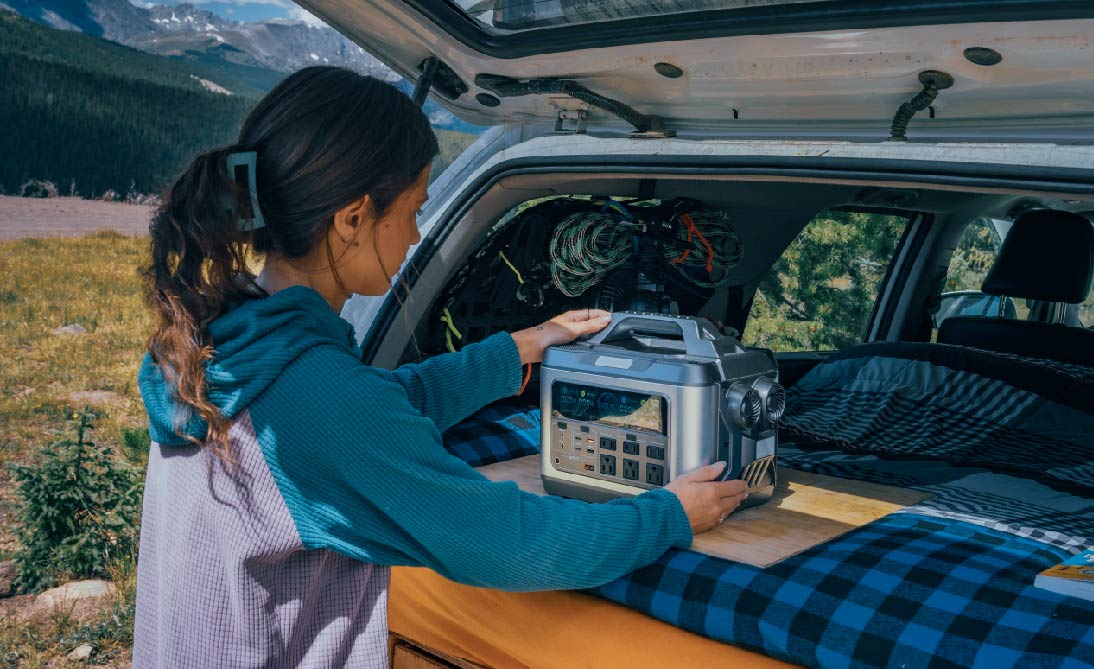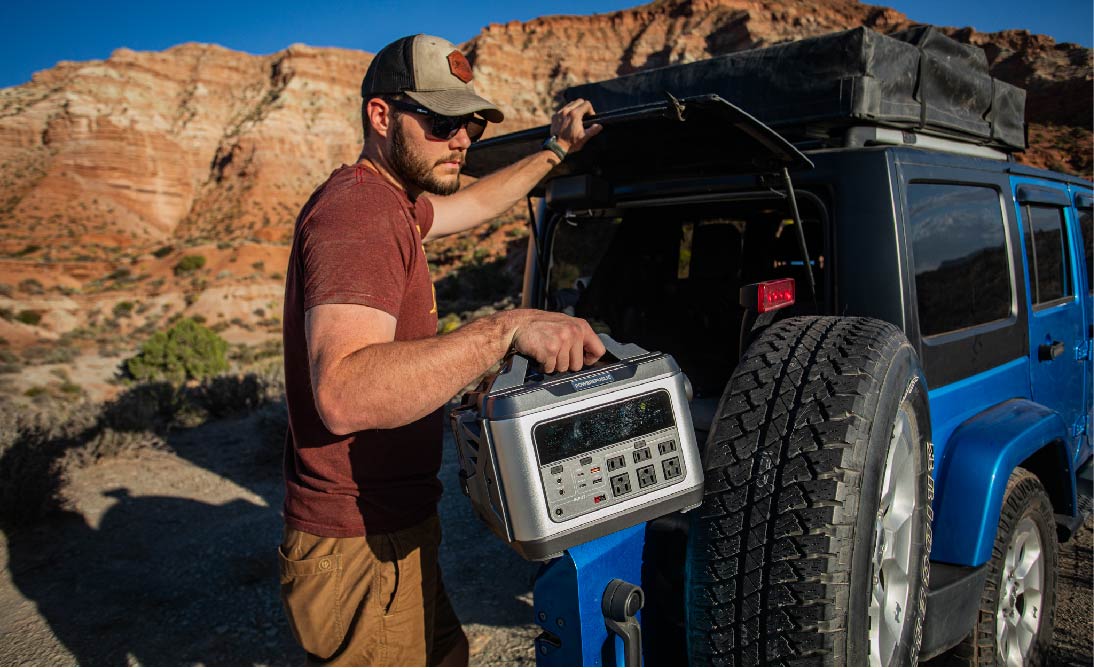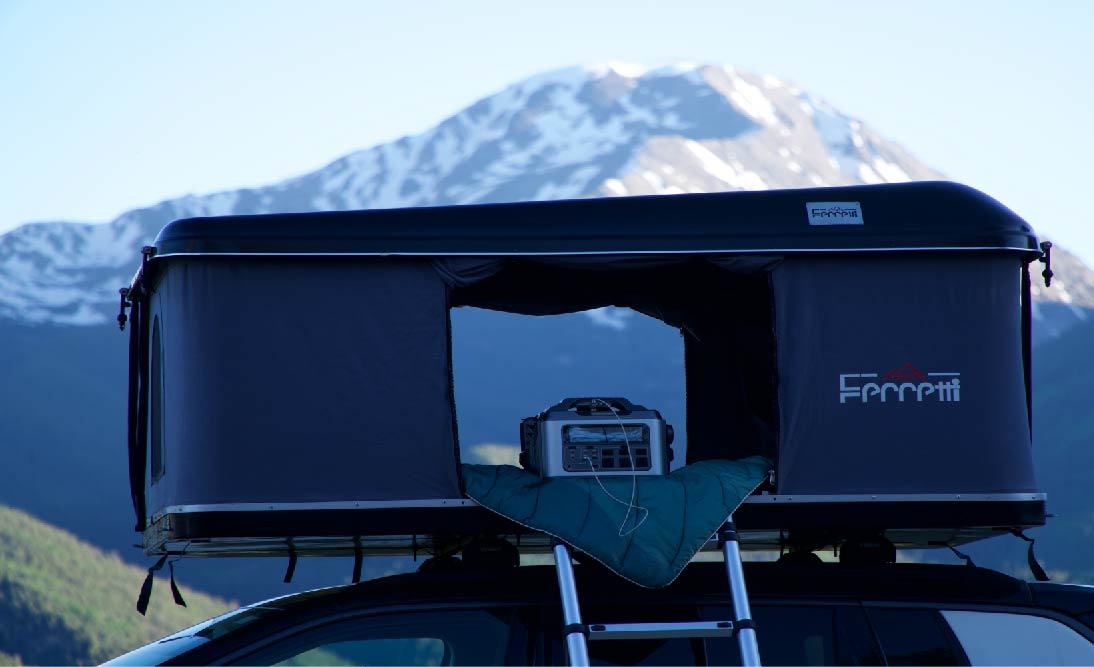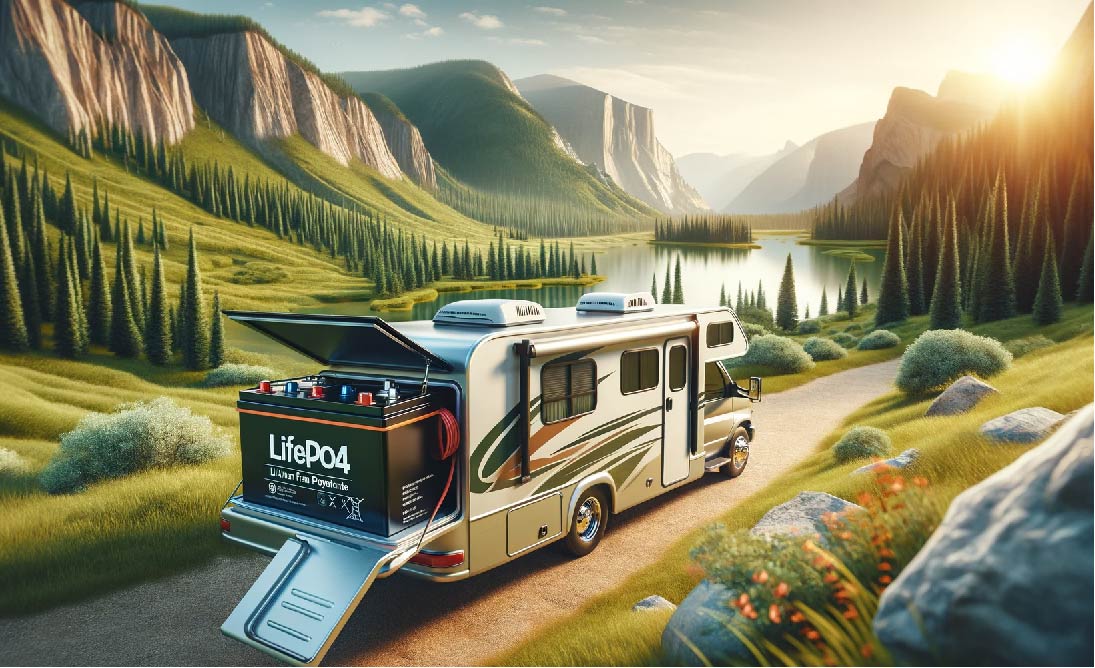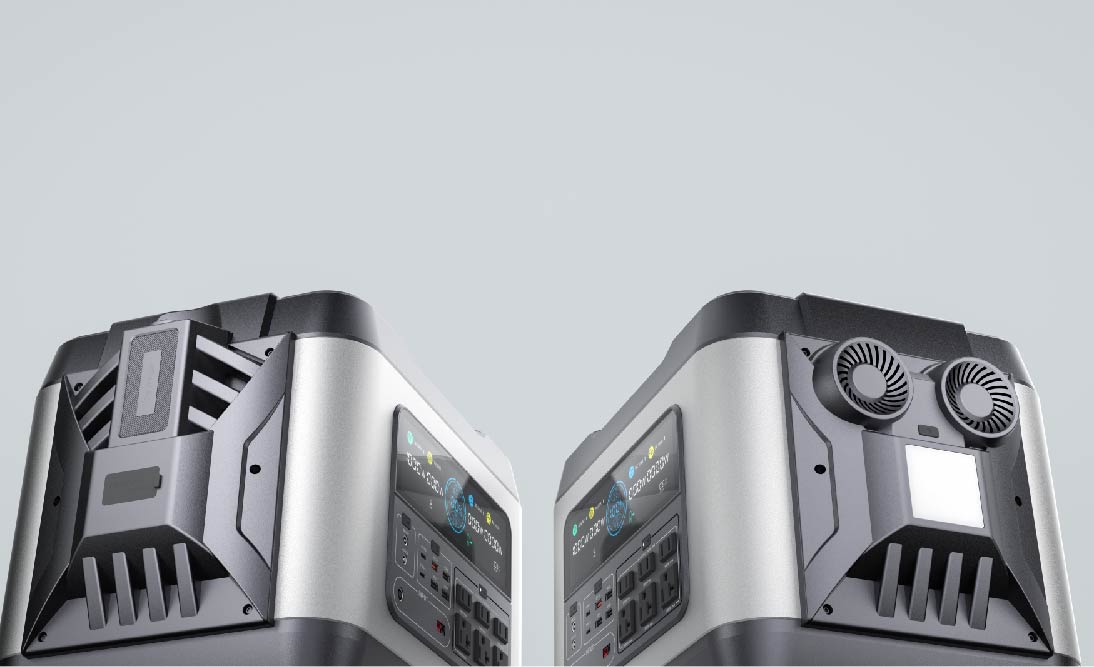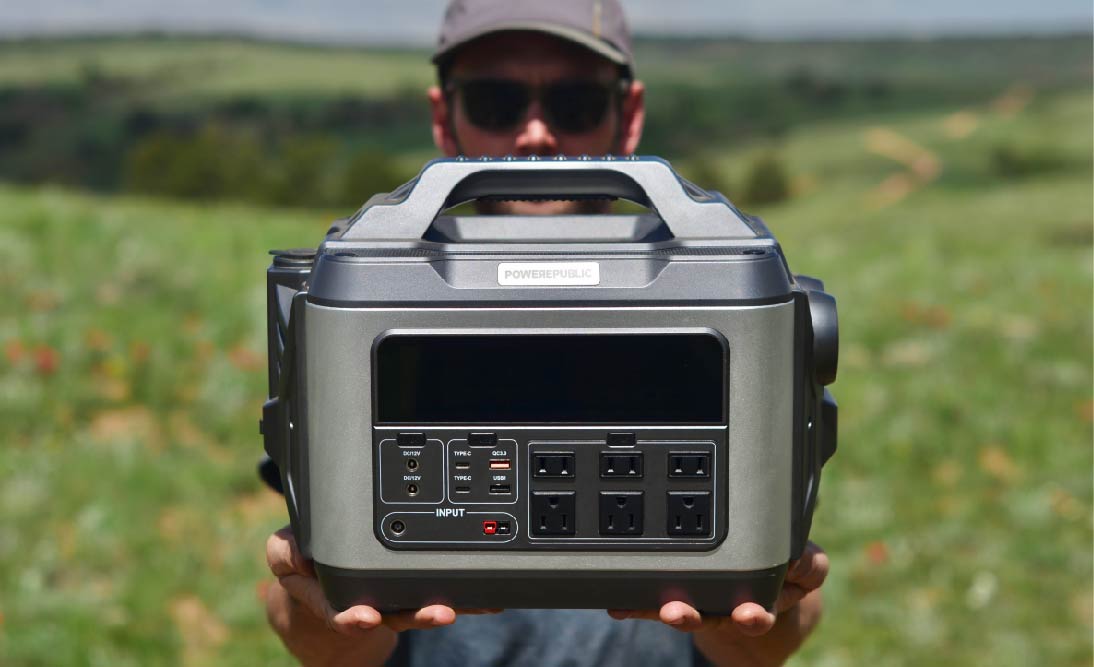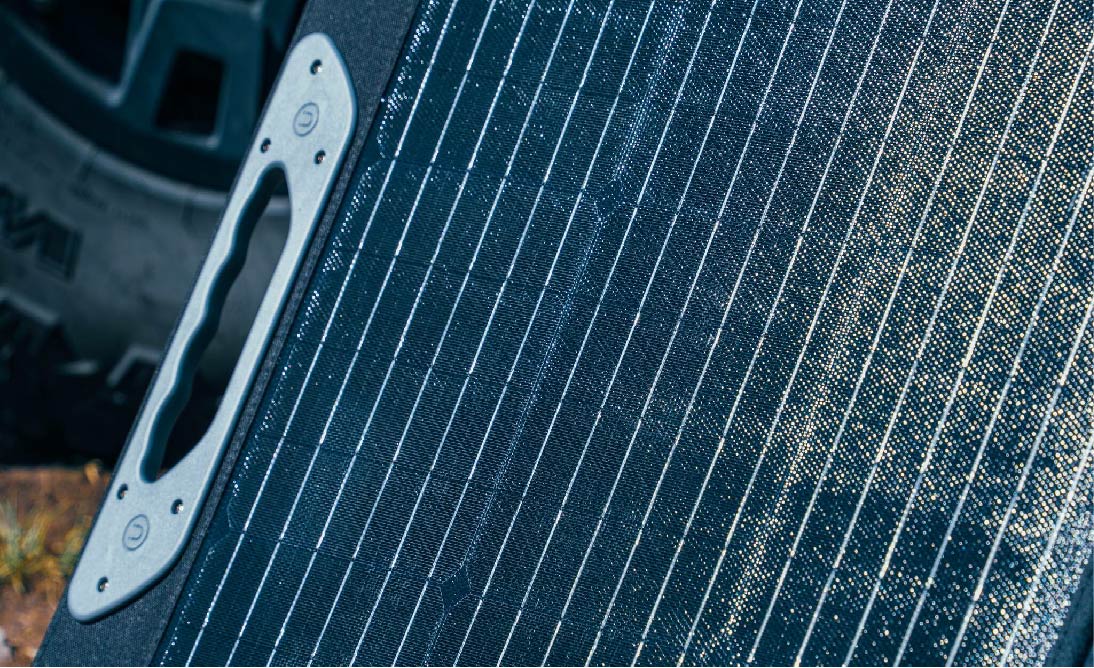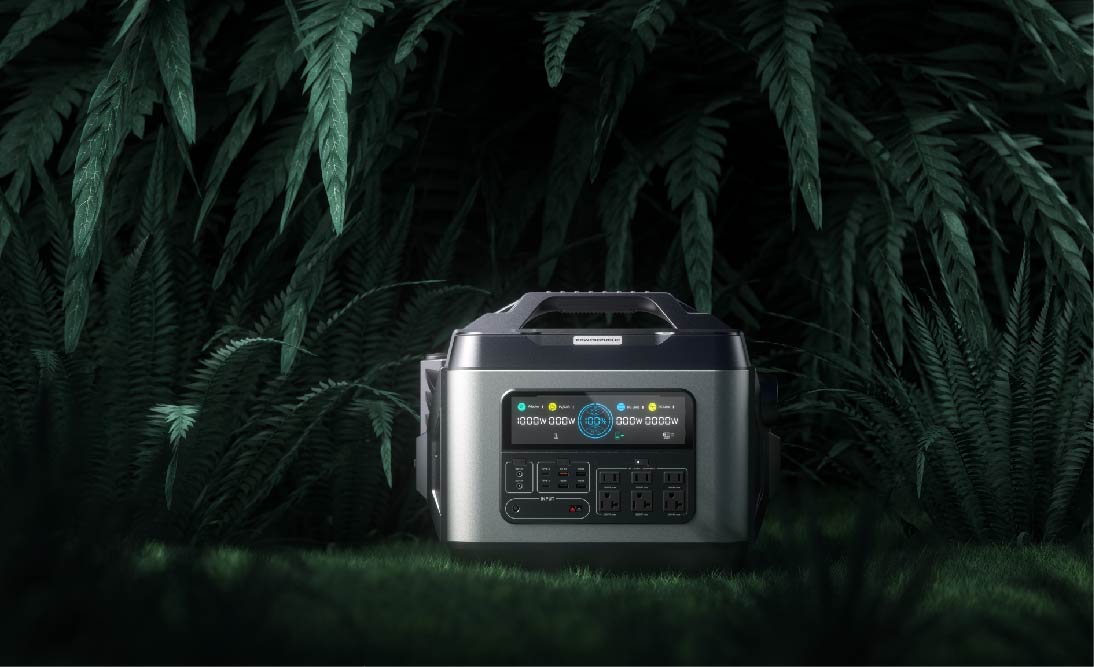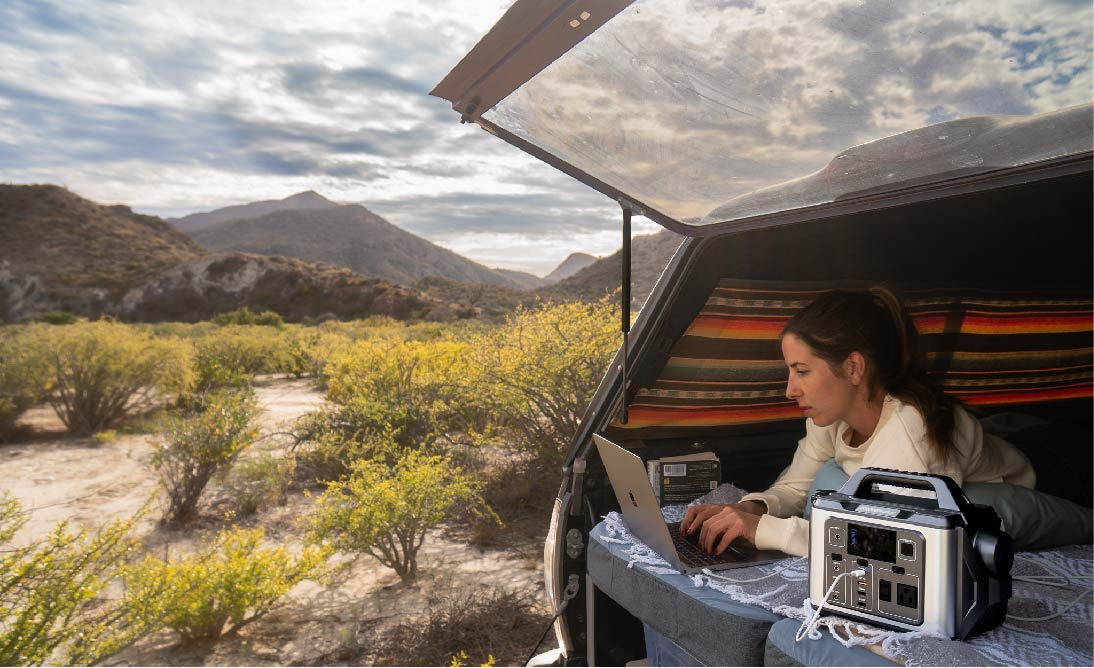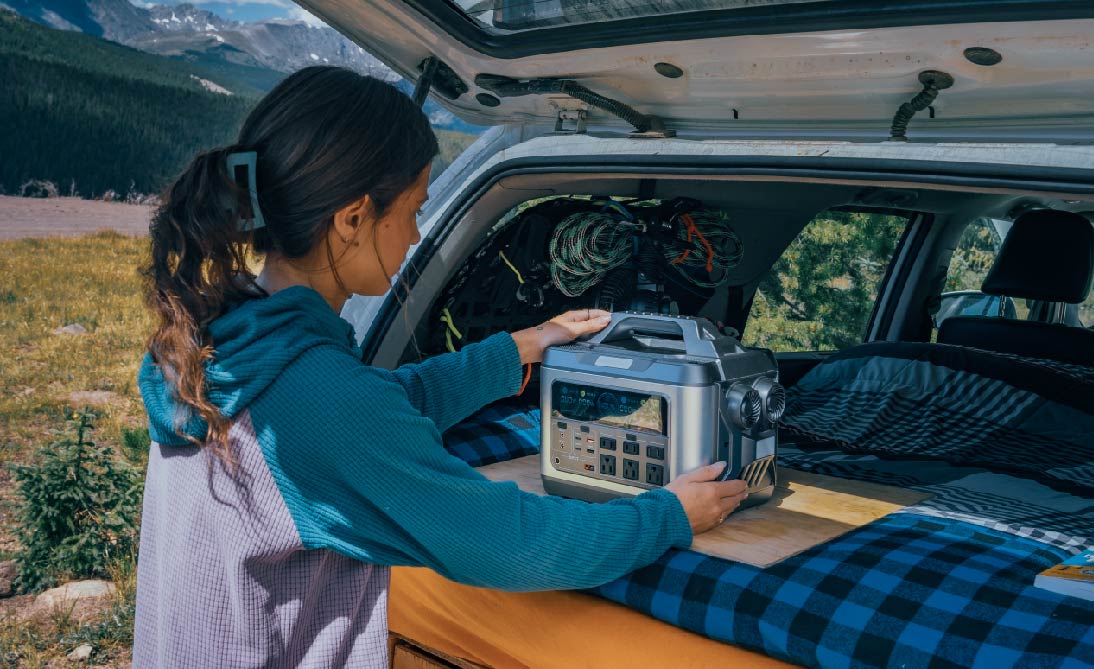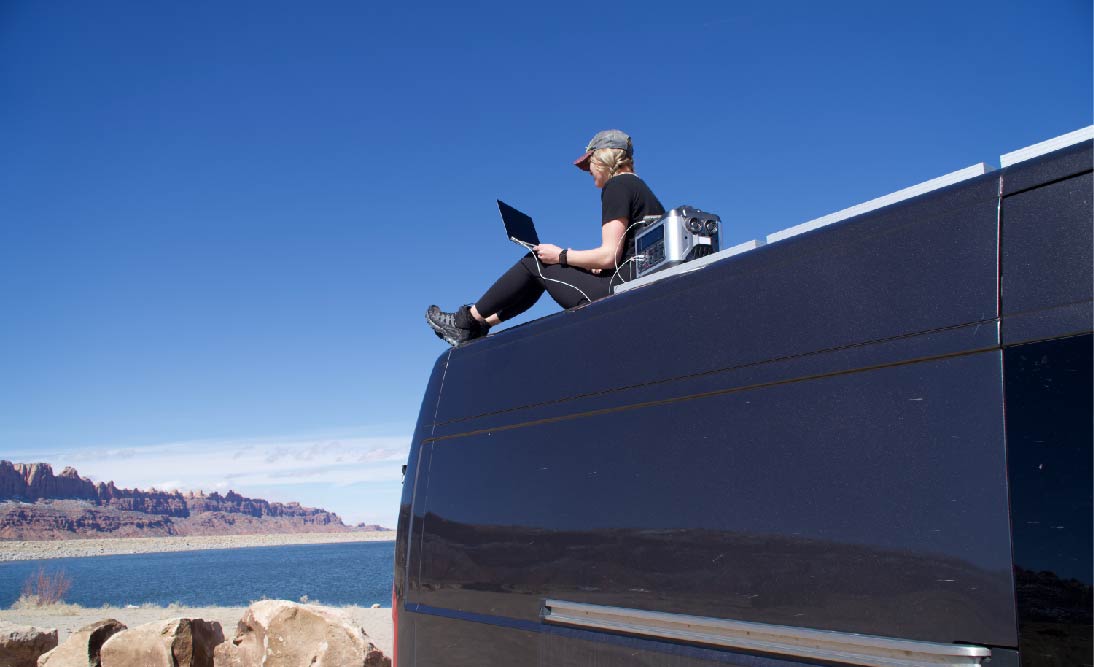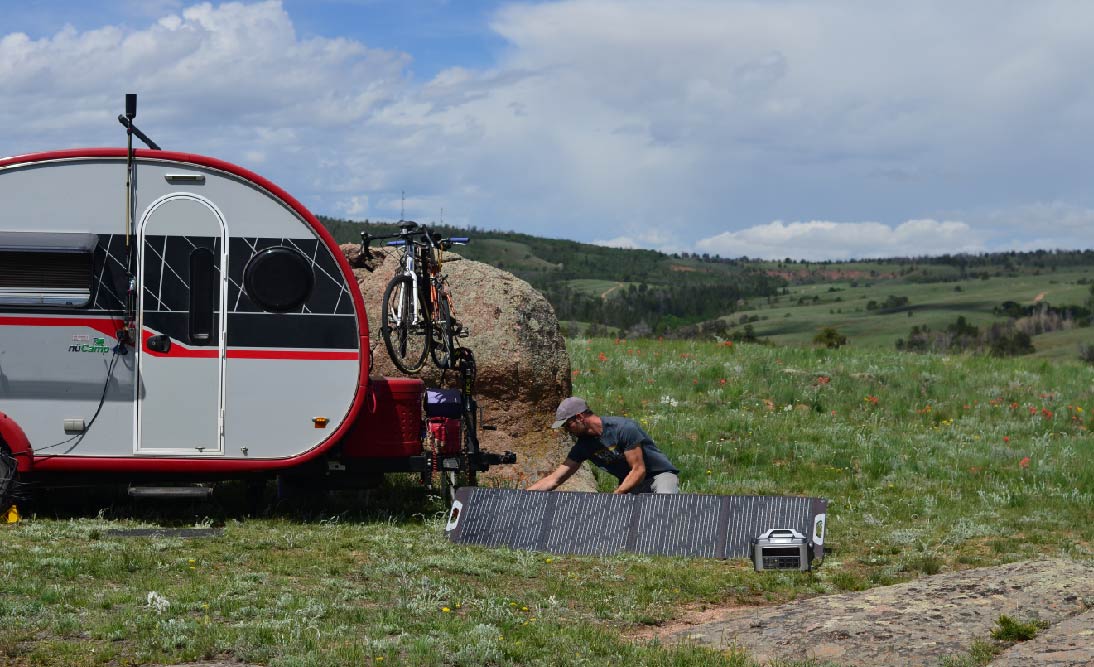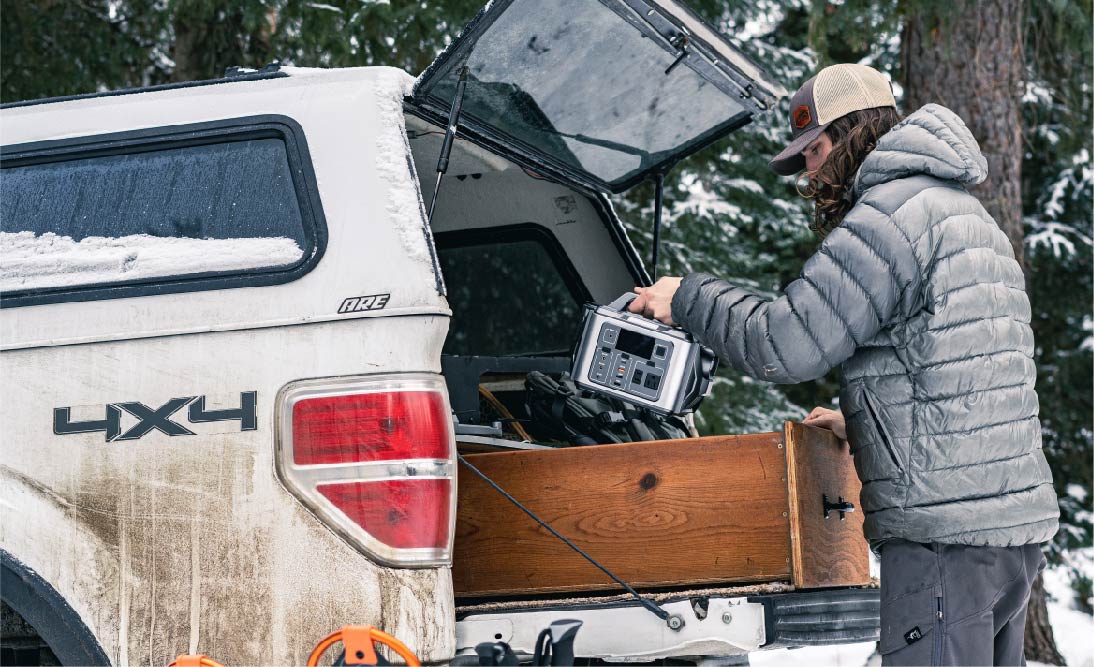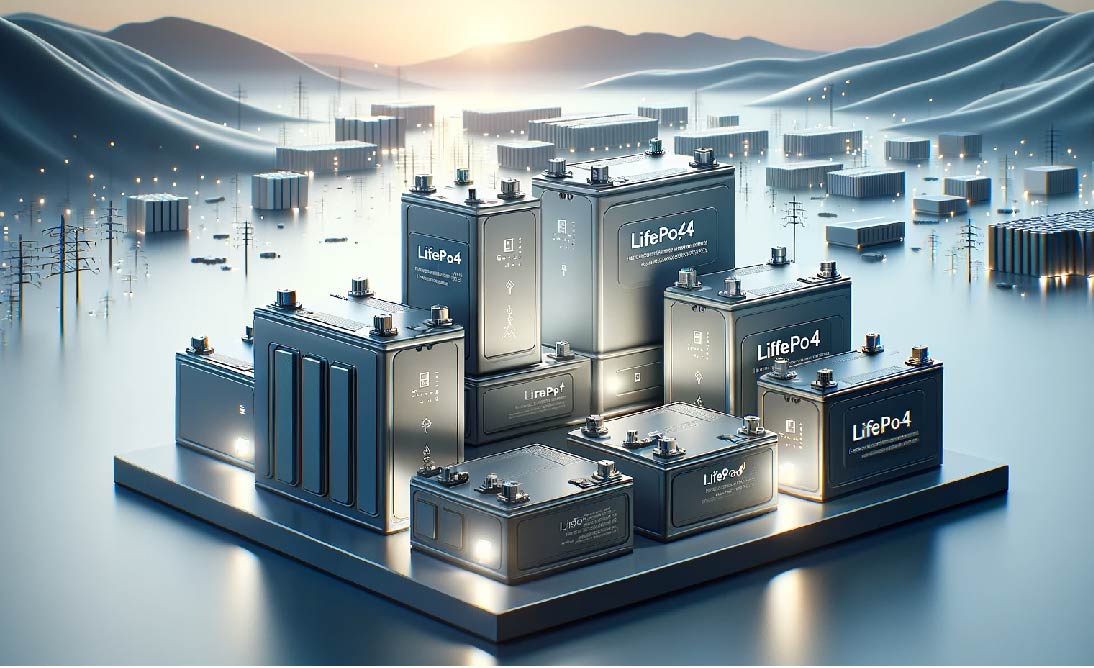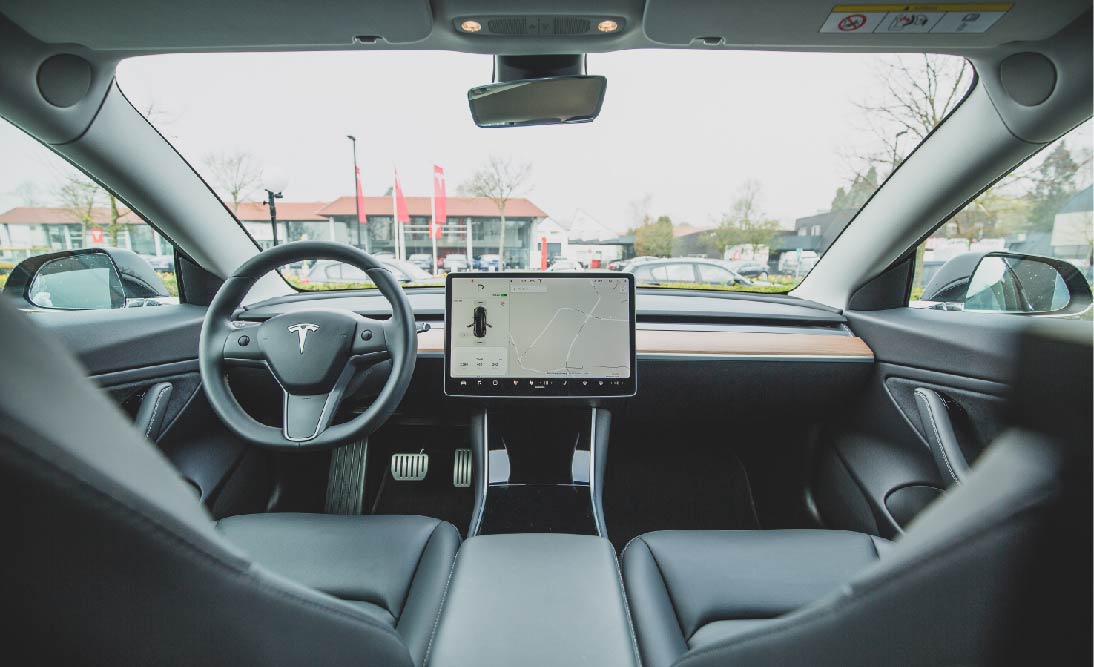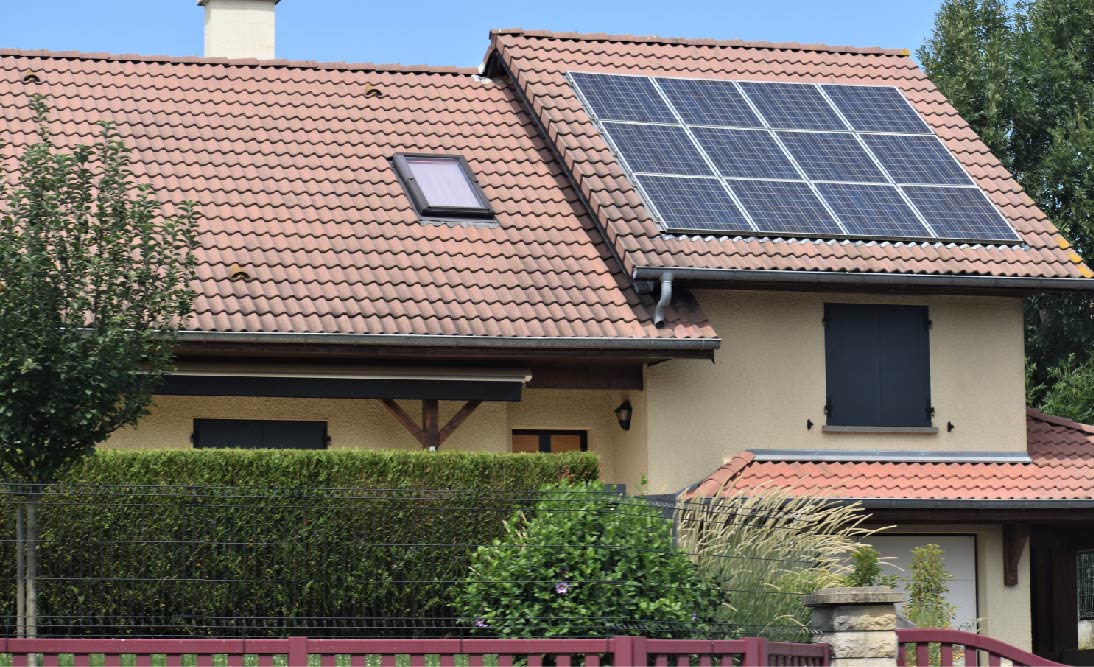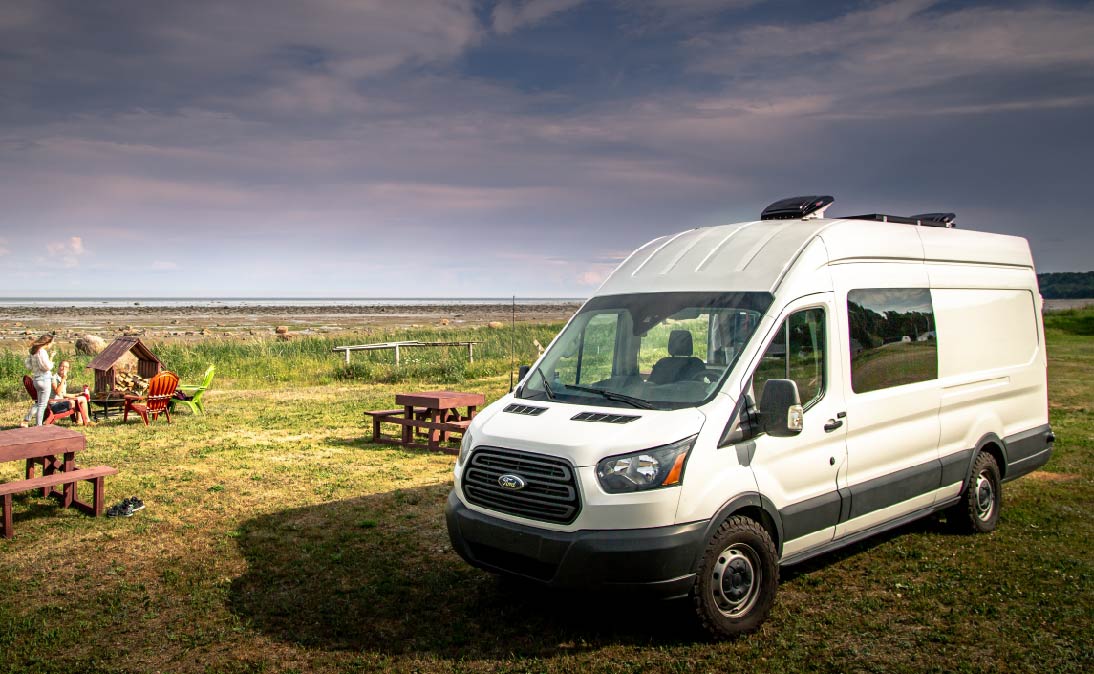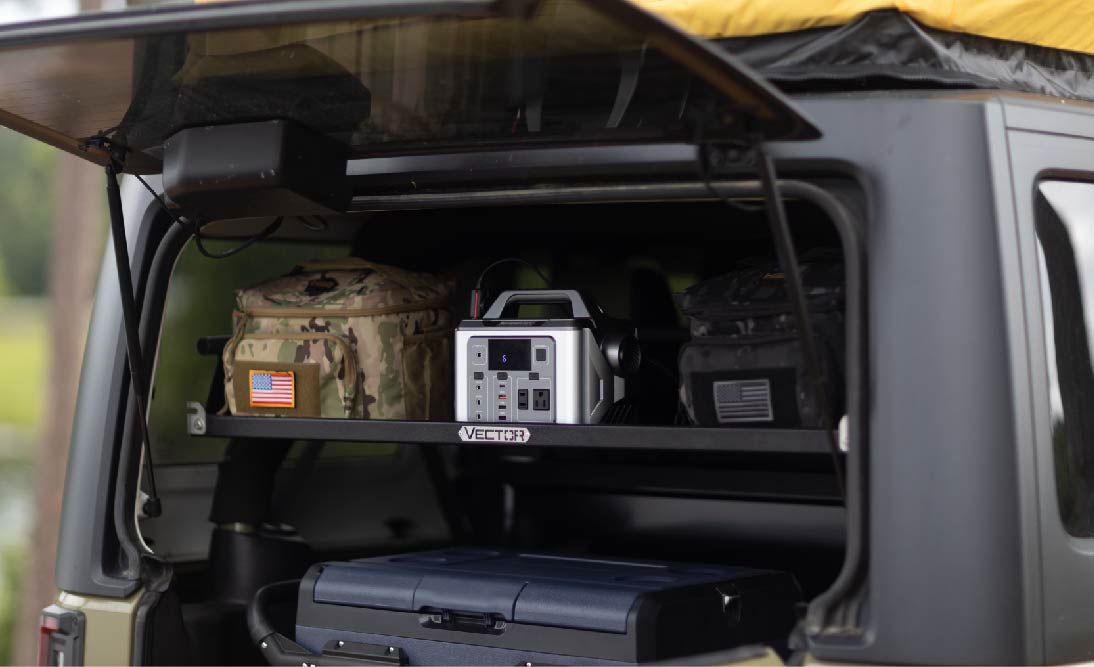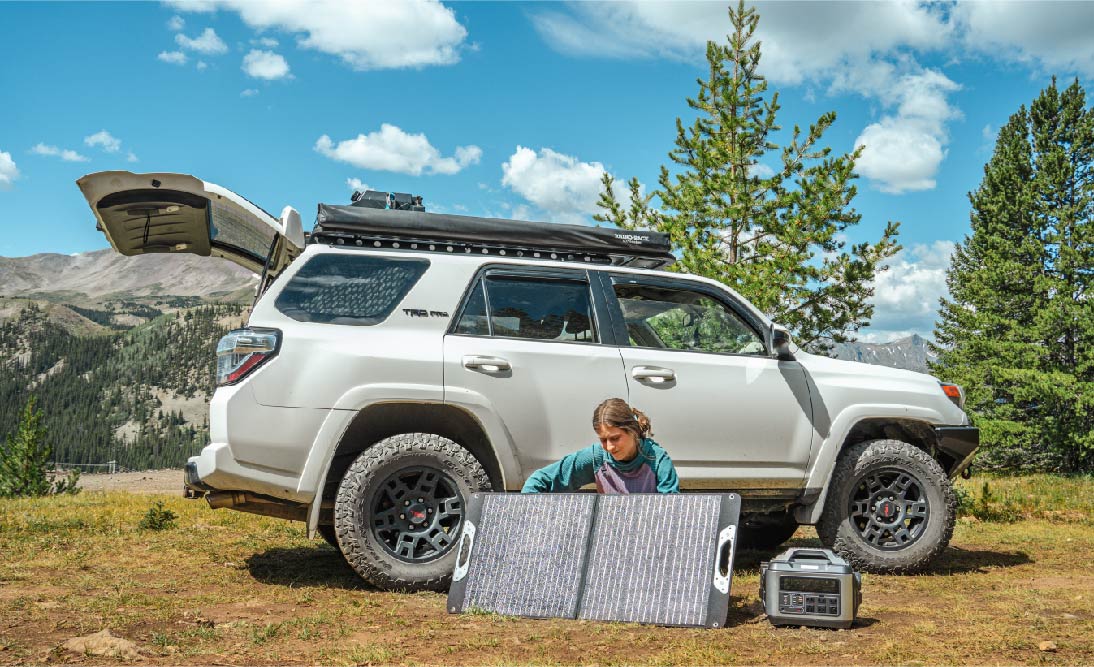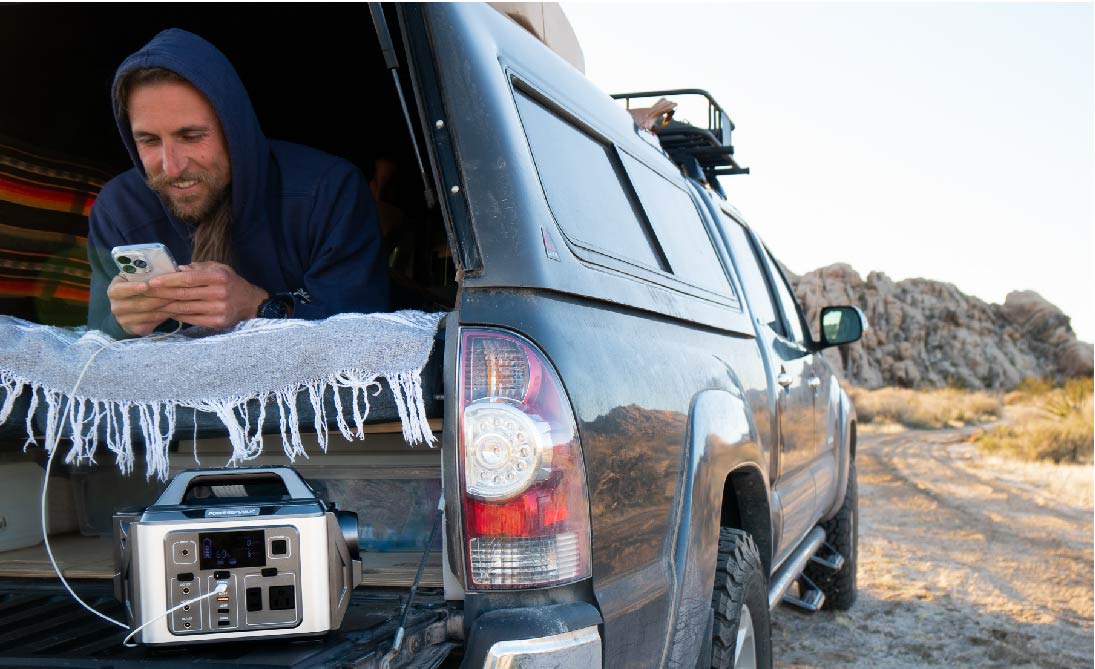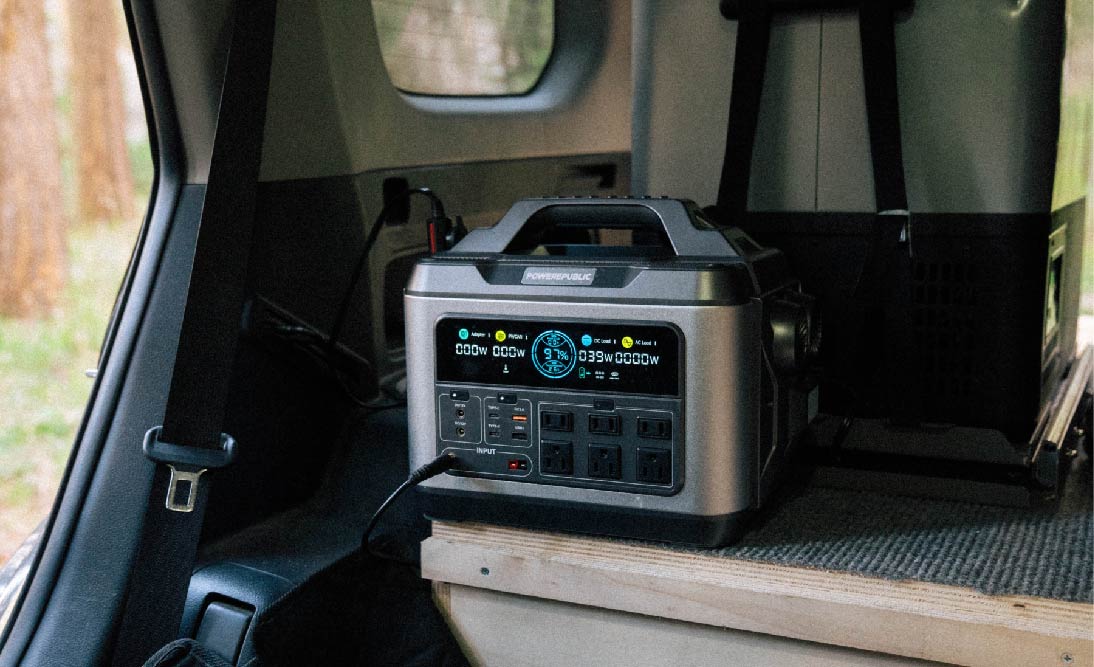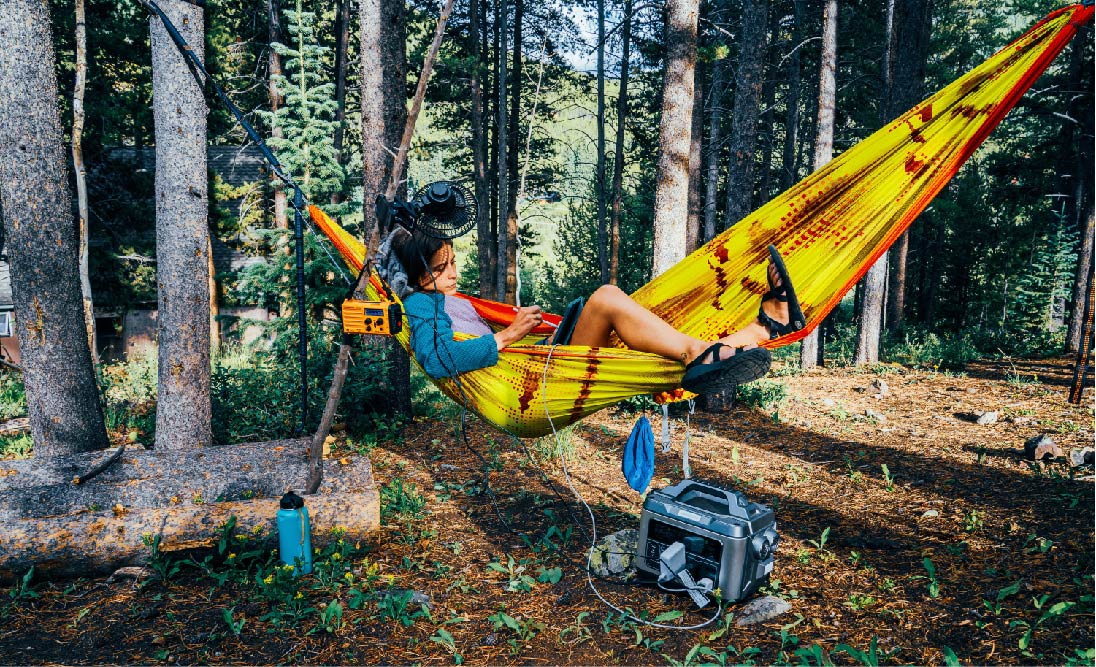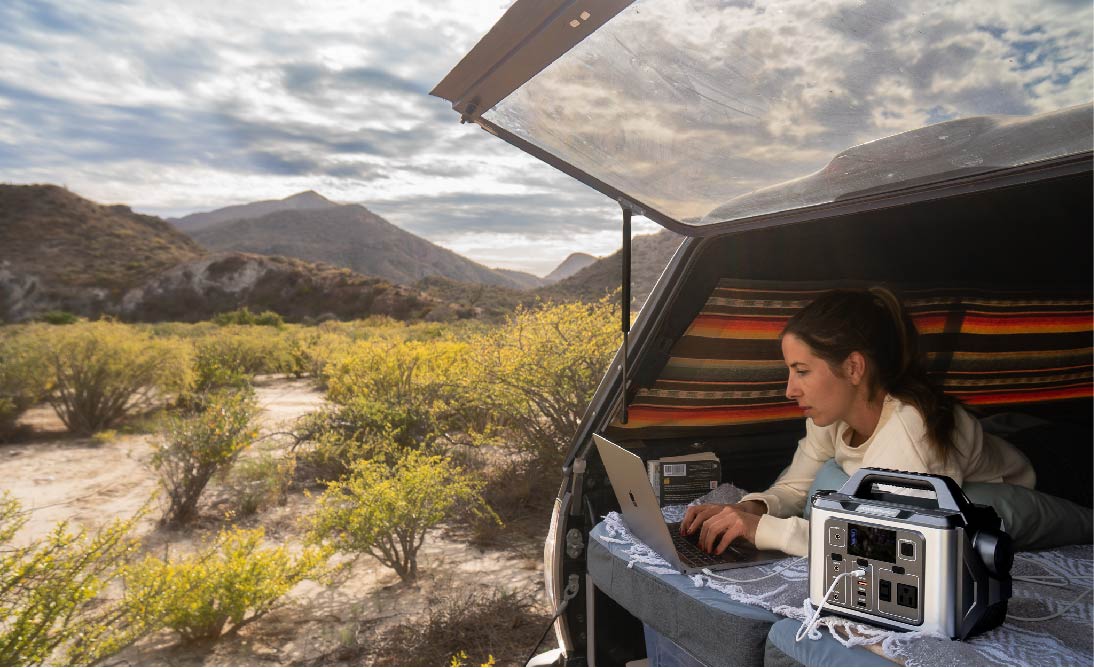When it comes to camping, people often simply understand it as an outdoor leisure activity by yourself, with your family and loved ones, or with your friends. Few people know that besides camping, boondocking is another way to explore unknown areas.
A lot of people on Facebook, Quora, Reddit, and other forums are arguing about the differences between camping and boondocking. Knowing the correct meaning of them will help you better understand the whole camping world as an outdoor enthusiast. In this article, we will give a brief explanation of to difference between camping and boondocking in terms of location, amenities, and experience. So let’s dive into it!
Camping - All You Need To Know

It is an outdoor recreational activity that involves spending your time in nature, typically overnight, away from your home or permanent residence.
It has become a popular way for individuals, families, and friends to escape the routines of daily life, immerse themselves in the natural beauty of the great outdoors, and release the pressure from the competition. The primary goal of camping is to enjoy nature while temporarily disconnecting from the modern conveniences of urban living.
Camping can be in various forms, from setting up tents in established campsites with facilities and infrastructures to more remote and primitive areas. Campers may choose to stay in tents, RVs (Recreational Vehicles), camper vans, camper trailers, or even hammocks, depending on their budget, preferences, and the level of comfort they seek.
Some key elements that define camping include:
-
Temporary Stay: Camping is a temporary activity, usually lasting for a few days or nights(usually a night or two).
-
Connection with Nature: Camping provides an opportunity to connect with nature and experience the outdoors.
-
Self-Sufficiency: Campers often need to rely on their resources, such as cooking equipment, food, water, and camping gear, to assist them during the trip.
-
Sense of Adventure: Camping offers a sense of adventurous and risk-taking spirit as individuals venture into new and remote locations where traditional facilities and infrastructure may not be accessible.
-
Social and Family Bonding: Camping provides an excellent opportunity for spending quality time with family and friends and creating lasting memories together.
-
Respect for the Environment: Responsible campers follow the principles of Leave No Trace (LNT), aiming to minimize their impact on the environment and leave the campsite in the same condition.
Camping can range from casual and leisurely to more intense and challenging, catering to a wide range of preferences and experience levels. It is a versatile and enjoyable way to escape the stresses of modern life, reconnect with nature, and foster a deeper appreciation for the great outdoors.
Boondocking - All You Need To Know

Boondocking, also known as wild camping or dry camping, involves camping in remote and undeveloped areas without access to the typical amenities found in other established campgrounds or campsites.
Compared to camping, boondockers camp in more secluded locations, away from crowds and civilization, and rely on self-sufficiency to meet their camping needs. Boondocking needs more outdoor skills to participate.
Here are some key characteristics of boondocking:
-
Lack of Amenities: Boondocking sites do not have the amenities commonly found in established campgrounds, such as restrooms, showers, picnic tables, electricity, or any other kind of basic amenities. So be aware of that and prepare for the trip if you want to boondock.
-
Self-Sufficiency: Boondockers need to be self-reliant and come prepared with their resources, including food, water, camping gear, emergency electricity, and waste management solutions.
-
Remote Locations: Boondocking sites are often located in more isolated and primitive areas, such as public lands like national forests, Bureau of Land Management (BLM) areas, or dispersed camping zones. So make sure you will have a GPS to navigate yourself in case of getting lost.
-
Minimal Environmental Impact: Responsible boondockers follow Leave No Trace principles, take care of all personal trash, and ensure they leave their campsite without any trace of their presence.
-
No Reservations Needed: Since boondocking sites are typically first-come, first-served, campers don't need to make reservations, making it a more spontaneous and adventurous experience.
In summary, the primary difference between camping and boondocking lies in the level of amenities and convenience. Camping takes place in established campgrounds with various facilities, while boondocking involves camping in more remote and undeveloped locations, relying on self-sufficiency for a more primitive and immersive outdoor experience. Knowing the difference between camping and boondocking will help you gain more knowledge about exploring the wild world.
Other Terms Help To Define Boondocking
Remote Camping: Boondocking takes campers far away from crowded areas and civilization, often into secluded wilderness locations.
Off-Grid Camping: This term emphasizes the disconnection from utility/electricity hookups, relying solely on the camper's self-contained systems for electricity, water, and waste management. It is not an easy thing to live off-grid as you have to take a lot of things into consideration rather than just driving the van.
Dispersed Camping: Boondocking usually occurs on public lands like national forests, Bureau of Land Management (BLM) areas, or dispersed camping zones, where camping is allowed outside designated campgrounds. You don’t have to make reservations for these sites, meaning that they are first-come, first-served.
Stealth Camping: This refers to camping in urban or populated areas without drawing attention to oneself, often done by van or RV campers seeking a discreet overnight spot, such as Walmart and Trader Joe's parking lots and some fitness centers.
Overlanding: Boondocking can be part of overlanding, a form of self-reliant adventure travel, where travelers use off-road vehicles to explore remote areas and camp along the way.
Primitive Camping: Boondocking involves a return to basics, with limited or no facilities, encouraging campers to embrace a more natural and authentic outdoor experience.
BLM Land Camping: Boondockers often utilize Bureau of Land Management (BLM) lands, which typically allow dispersed camping in designated areas.
Nomadic Lifestyle: Some individuals choose to adopt a nomadic lifestyle, living and traveling in their RVs or campers while seeking new boondocking locations regularly. It is kind of similar to off-grid living.
In short, boondocking offers an exciting and unique way to experience the great outdoors, providing campers with a chance to connect with nature and embrace self-sufficiency in beautiful, unspoiled settings. If you are planning to boondock, make sure you have some basic outdoor skills, gear, electricity, and so forth. Be safe and be aware of your surroundings.
What Other Things To Consider When Camping?

As an outdoor enthusiast, you must have encountered the “No Camping” sign.
In the US, a "No Camping" sign typically indicates that camping is not allowed in the designated area where the sign is posted. Camping refers to the act of setting up a temporary shelter, such as a tent or recreational vehicle, and spending the night in an outdoor location. These signs are commonly found in various public spaces, national parks, forests, recreational areas, and private properties where camping is either prohibited or restricted due to safety concerns, conservation reasons, or local regulations.
The sign serves as a clear indication to visitors that they should not engage in camping activities in that specific location. Camping restrictions are usually put in place to protect the environment, preserve natural habitats, prevent overcrowding, reduce fire hazards, and maintain the overall safety and enjoyment of the area for all visitors.
If you encounter a "No Camping" sign, it's essential to respect the rules and find alternative places that allow camping if you intend to camp overnight, such as parking at Walmart parking lots or near some fitness centers. Always check for local regulations and guidelines before camping in any outdoor area to ensure you're adhering to the rules and protecting the environment.
Final Wrap-Up
In a nutshell, while both camping and boondocking involve spending time in the great outdoors, they differ significantly in terms of location, amenities, and experience.
Camping typically takes place in established campgrounds or designated camping areas, where amenities such as restrooms, running water, picnic tables, and fire pits are readily available. It offers a more structured, convenient, and comfortable experience for campers, making it an excellent choice for families or those who prefer a degree of comfort and accessibility during their outdoor adventures.
On the other hand, boondocking, also known as dispersed camping or dry camping, involves camping in remote and undeveloped areas away from established campgrounds. It often takes place on public lands or in more secluded and less-visited locations. Boondockers embrace a more self-reliant approach, as they typically have no access to amenities like running water or restroom facilities. This type of camping appeals to outdoor enthusiasts seeking solitude, a deeper connection with nature, and a sense of adventure.
Boondocking allows campers to fully immerse themselves in the wilderness, away from crowds and modern conveniences, offering a more rugged and authentic experience. It requires careful planning, respect for the environment, and adherence to Leave No Trace principles to minimize the impact on the natural surroundings.
In short, camping provides a more structured and comfortable outdoor experience, while boondocking offers the chance to disconnect from modern amenities and experience a deeper connection with nature. Both options cater to different preferences and camping styles, making them unique and rewarding in their ways. Whether one seeks a family-friendly camping trip or an adventurous, off-grid experience, both camping and boondocking have something to offer for every outdoor enthusiast.
